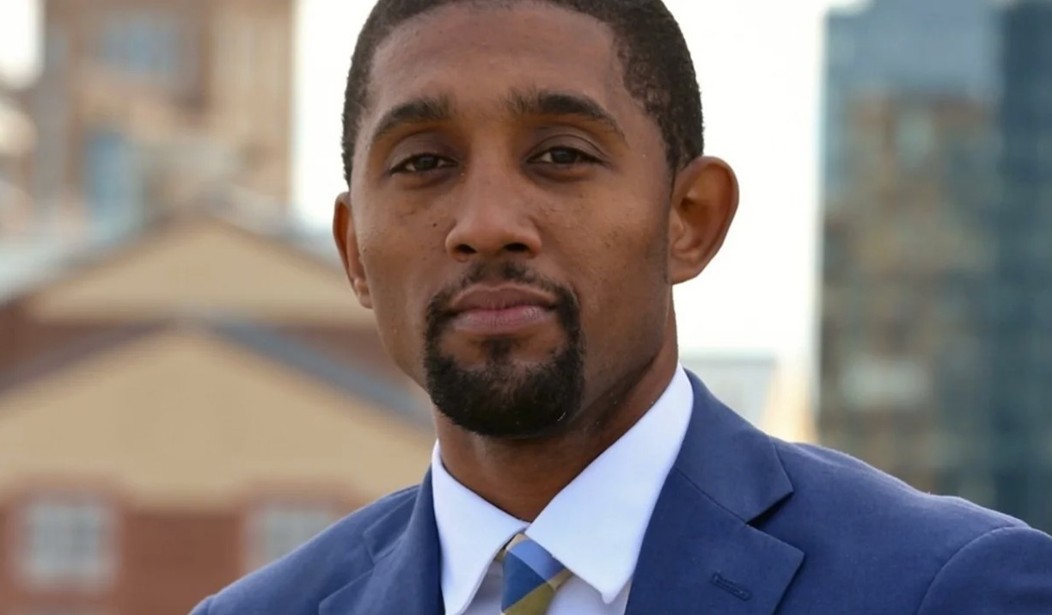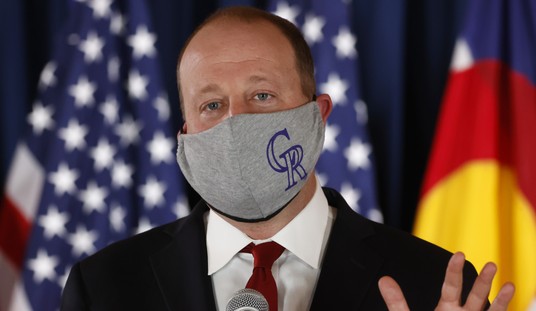It never ceases to amaze me how terrible news that would be shocking if it were happening anywhere else barely seems to register if it's happening in Baltimore. Sure, Baltimore has gotten a lot of attention recently because of the bridge disaster but that mess isn't close to being the biggest problem the city is facing. There are the failing schools, which I've written about many times and also it turns out the city is the overdose capital of the US. Baltimore's death rate from overdoses, mostly fentanyl related, is about double that of the next worst city.
People in Baltimore have been dying of overdoses at a rate never before seen in a major American city.
In the past six years, nearly 6,000 lives have been lost. The death rate from 2018 to 2022 was nearly double that of any other large city, and higher than nearly all of Appalachia during the prescription pill crisis, the Midwest during the height of rural meth labs or New York during the crack epidemic.
When fentanyl first started reaching the streets Baltimore had an aggressive campaign to combat it. But over time the city just seemed to lose interest or get distracted by other problems. The problem just vanished off the radar to the point that even the mayor and other elected officials claimed not know things were so bad.
Health officials began publicly sharing less data. City Council members rarely addressed or inquired about the growing number of overdoses. The fact that the city’s status became so much worse than any other of its size was not known to the mayor, the deputy mayor — who had been the health commissioner during some of those years — or multiple council members until they were recently shown data compiled by Times/Banner reporters. In effect, they were flying blind...
Councilman Mark Conway, who leads the city’s public safety committee, described the deaths as “completely unacceptable” and said he would have called for hearings if he had known how much Baltimore was an outlier.
The numbers are “horrifying,” said Dr. Laura Herrera Scott, Maryland’s health secretary since 2023, adding, “We haven’t deployed the right resources in the right places.”
As the article goes on to point out, things were much better in Baltimore when it became a kind of object lesson during the broadcast of The Wire. Compared to now, those were the good old days.
For nearly all of the past three decades, Baltimore has had one of the highest fatal overdose rates of any large U.S. city. But for most of that period, even as the HBO series “The Wire” helped cement the city’s reputation as the U.S. heroin capital, the death rate was much closer to the national average than it is today.
Mayor Brandon Scott claimed the story on this topic was "victim blaming."
In a written statement last week, the mayor’s office said that the current fentanyl crisis had been triggered by the influx of pills from drug makers and distributors, and that The Times and The Banner’s reporting on the city’s response amounted to “misguided victim blaming.”...
In his annual State of the City address in March, Mr. Scott said he was creating an overdose prevention cabinet. His administration, which announced the plan after reporters began asking city officials about overdoses, provided few details, except that the cabinet would include top city leaders.
No, sorry, that's not how this works. If your city has rates of overdose that are double or triple the rates in other cities you've got to take some responsibility for the unique scale of that failure. That's especially true if you admit that you weren't even aware of the scope of the problem until reporters started digging into it.
But one of the most interesting aspects of this story is what it doesn't say. There's lots of talk about the city and the mayor getting distracted by other priorities but no talk about whether or not the progressive push for criminal justice reform played a role here as well. This is from 2021:
A year ago, as the coronavirus began to spread across Maryland, Baltimore State’s Attorney Marilyn Mosby stopped prosecuting drug possession, prostitution, minor traffic violations and other low-level offenses, a move aimed at curbing Covid-19's spread behind bars.
That shift — repeated by prosecutors in many other cities — didn’t just reduce jail populations. In Baltimore, nearly all categories of crime have since declined, confirming to Mosby what she and criminal justice experts have argued for years: Crackdowns on quality-of-life crimes are not necessary for stopping more serious crime.
On Friday, Mosby announced that she was making her pandemic experiment permanent, saying Baltimore — for decades notorious for runaway violence and rough policing — had become a case study in criminal justice reform.
The surge in drug overdoses seem to have preceded that decision but clearly giving up on prosecuting drug crimes in the last four years hasn't helped. Just last month WBFF Baltimore ran a story about 15 drug dealers who were given a written offer to accept city services in lieu of prosecution for their crimes. They refused in this case but how many other fentanyl dealers have been given a similar offer?








Join the conversation as a VIP Member